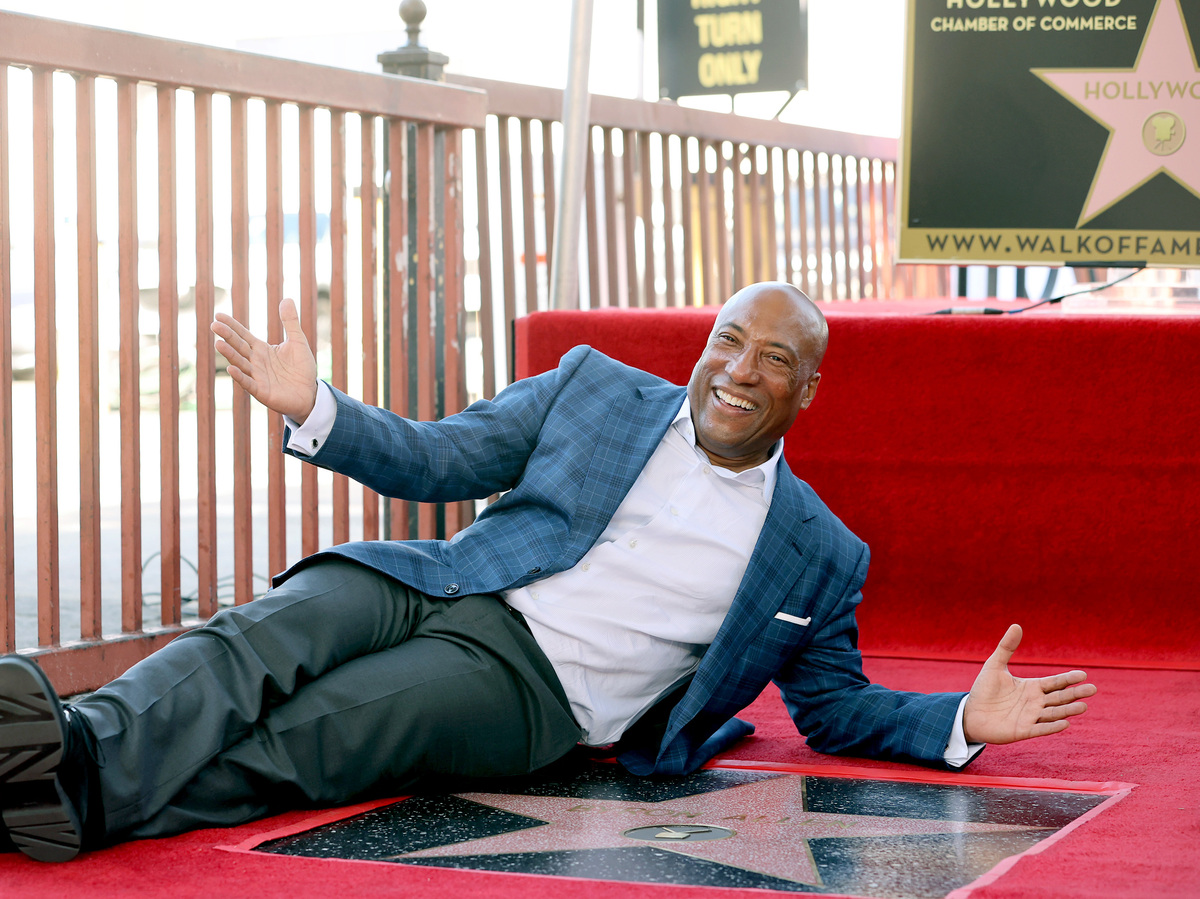
Byron Allen at the ceremony where his star on the Hollywood Walk of Fame was unveiled on October 20, 2021 in Hollywood, California. Emma McIntyre/Getty Images hide caption

Byron Allen at the ceremony where his star on the Hollywood Walk of Fame was unveiled on October 20, 2021 in Hollywood, California.
Emma McIntyre/Getty ImagesWhile it may seem like Black-focused media is at a high these days, the reality is only 4% of all media in the U.S. is Black-owned.
Moreover, experts say that biased practices from advertisers make it harder for Black-owned media companies to be profitable.
NPR's Eric Deggans talks to Byron Allen, about his ambitions to grow his media empire, hold advertisers to account, and control the narrative of how Black people are represented in media.
Email us at
This episode was produced by Michael Levitt. It was edited by Jeanette Woods. Our executive producer is Sami Yenigun.

 Live Radio
Live Radio